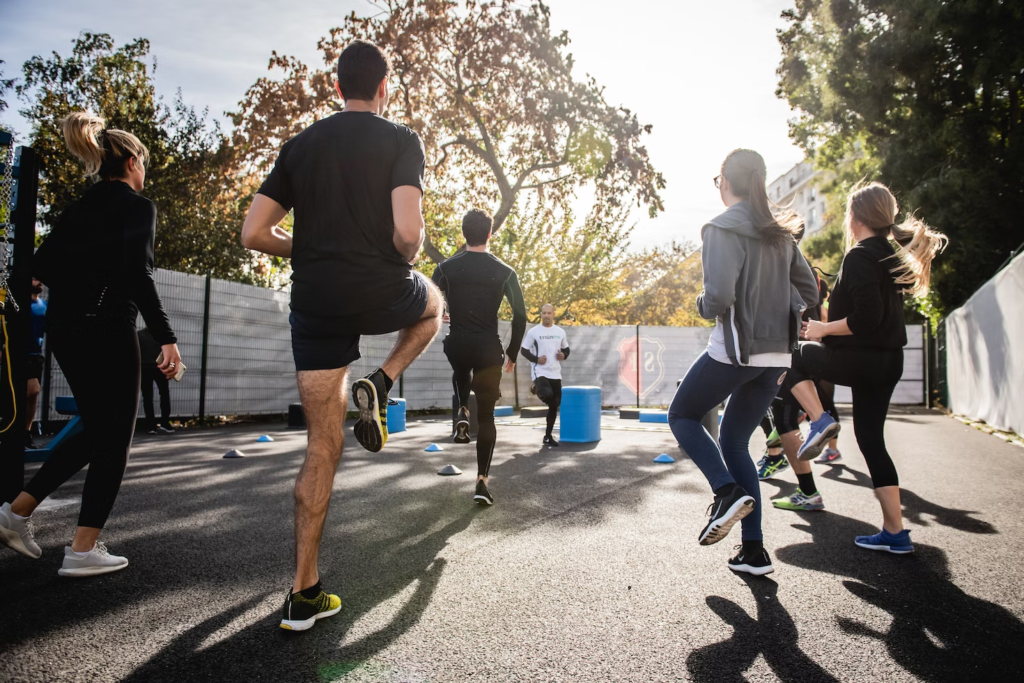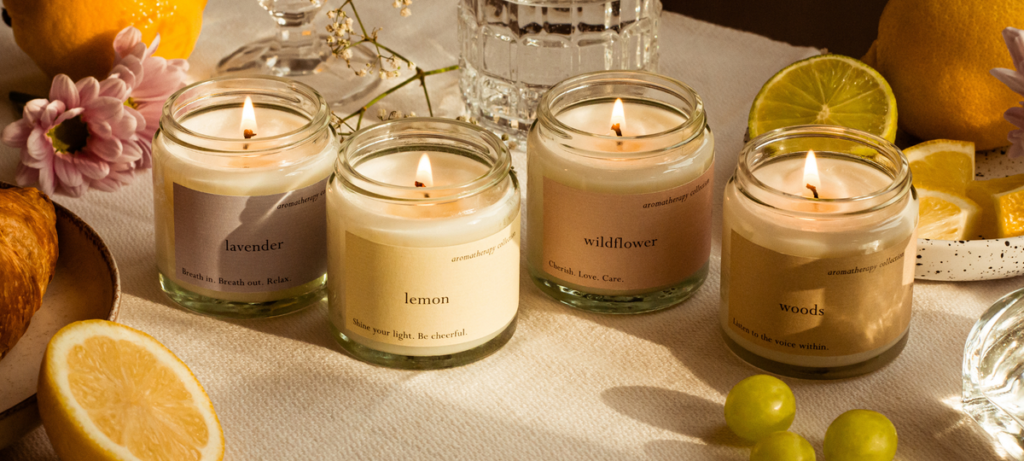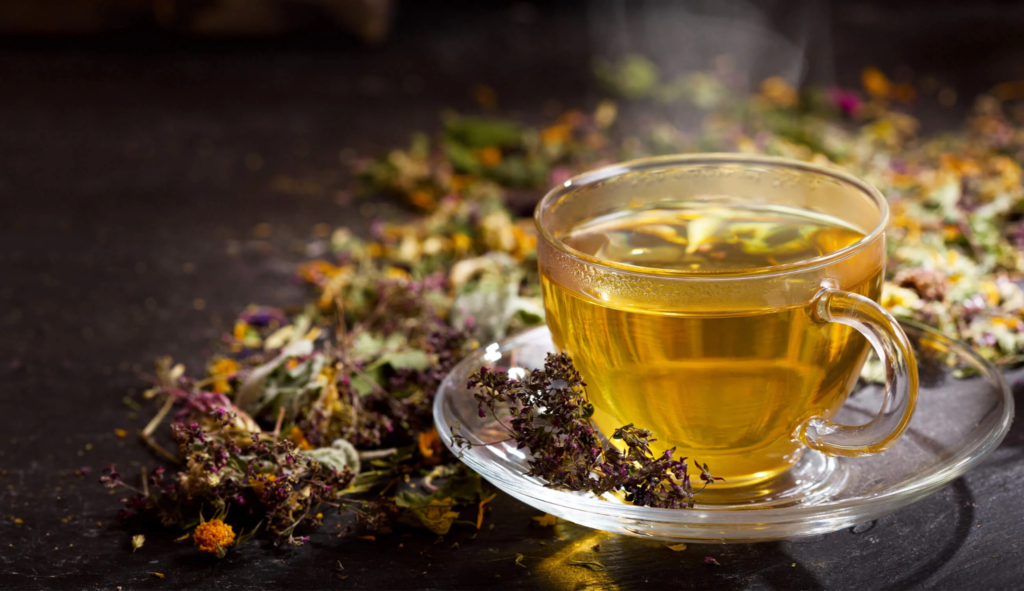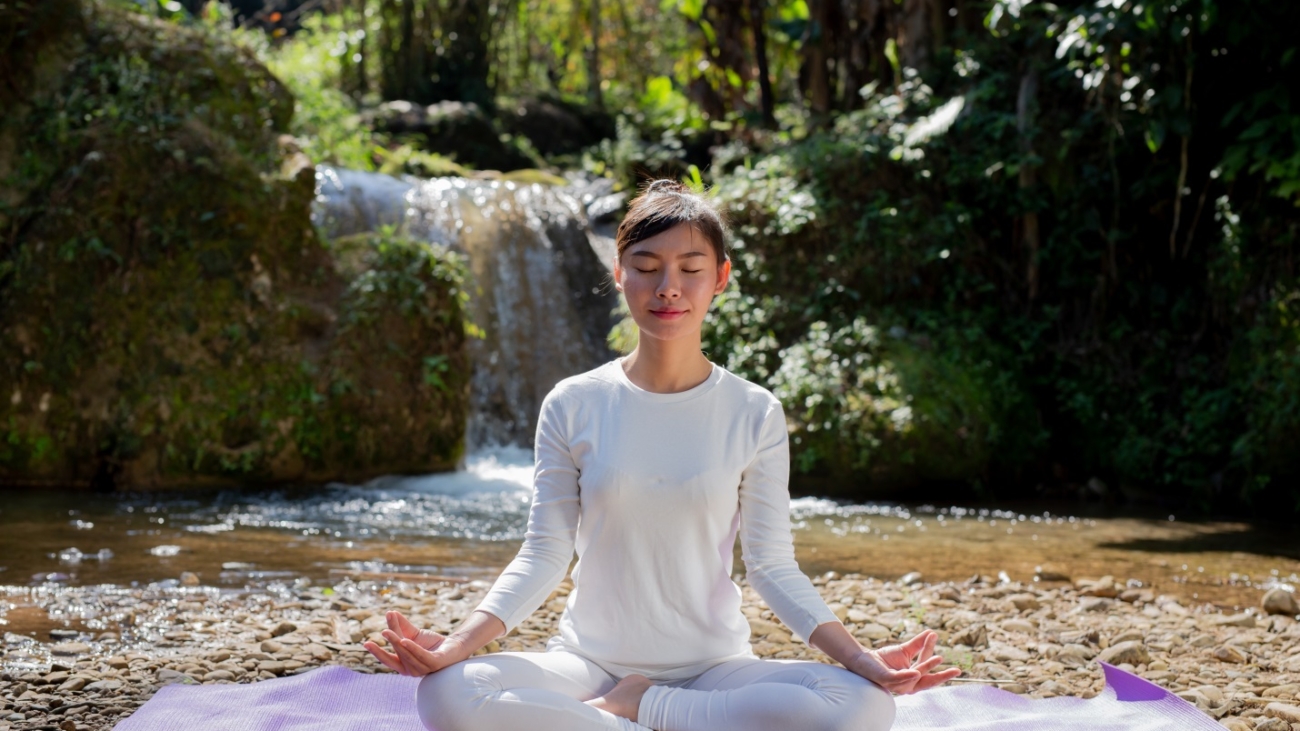Are you having trouble facing anxiety? Don’t stress; there are multiple and super easy ways to reduce anxiety issues. It may appear differently among different individuals, and the amount of anxiety one experiences may vary, but one thing is certain: there are strategies to cope with it, even when it feels out of control.
Common Symptoms of Anxiety
If you are feeling these symptoms lately, then you’re probably facing severe anxiety, and you must seek assistance.
- Nervousness
- Rapid heart rate
- Sweating and shivering
- Trouble in sleeping
- A sensation of upcoming disaster, danger, or panic
- Feeling incapable
- Having panic attacks
Here Are 10 Easy Ways to Deal Anxiety
1. Make Body Physically Active

Make sure to be physically active on most days of the week. Try cycling or go for a run, it can boost your mood, keep you healthy, and be an excellent anxiety reliever. Do breathing exercises. Close your eyes and take deep breaths. Slowly count to ten; repeat; further count to 20 if needed. Inhale and exhale slowly during this. This slows your heart rate, enabling you to relax
2. Spend Time in Nature
Research has demonstrated that spending time in natural environments, like parks, forests, or areas like lakes and oceans, can lower stress levels. The human brain can experience relaxation from the sounds, sights, and scents of nature, which reduces tension and anxiety.
Check our article Why Are We Exploring the Moon? | Recent Missions on the Moon
3. Reconnect with Loved Ones
Social interaction is vital for anxiety management. Interacting with friends and loved ones might help you feel more at home and less alone. Joining a support group or searching for online communities that include people dealing with anxiety can also be beneficial. Talking with those who understand may be comforting and validating.
4. Aromatherapy

Anxiety can be reduced by smelling relaxing plant essential oils. Certain smells work better for some people than others, so try out several possibilities. Certain smells, such as lavender, which is highly known to relive anxiety, and some candles or essential oils, can also be extremely relaxing. Here are some smells that are soothing:
- Lavender
- Rose
- Vetiver
- Bergamot
- Roman chamomile
- Neroli
- Frankincense
- Sandalwood
- Ylang-ylang
- Orange or orange blossom
- Geranium
5. Do Things you Love the most
Taking care of yourself is important for maintaining mental wellness, physical well-being and lowering anxiety. Do things that you love and enjoy doing like you can read a book, have a soothing bath, or take sauna treatments that lower the body’s cortisol levels. Since cortisol is the body’s primary stress hormone, so lowering it would also lessen anxiety and stress. Making time for self-care in your regular routines and giving it priority is important.
7. Use Herbal Teas

Many herbal herbal teas, are quite known to relieve anxiety. Commonly used herbs and natural remedies include lavender, chamomile, Valerian root, passionflower, lemon balm, peppermint, green tea, and CBD. Some people find brewing and drinking tea relaxing, but particular teas might have a stronger impact on the brain, resulting in less anxiety.
3. Eat Well-Balanced Meals
Reduce the amount of highly processed meals and beverages and increase your intake of whole foods to ensure your body is perfectly fed. As a result, your anxiety resistance may increase. Whole-food alternatives may include:
- Vegetables
- Fruits
- Beans
- Dry Fruits
- Fresh Juices
- Dairy Products
- Fish
8. Limit the Use of Alcohol and Caffeine
Alcohol and caffeine both intensify the feelings of anxiety. Alcohol is a depressant that disrupts your sleep and worsens anxiety symptoms, while caffeine is a stimulant that can quicken your heart rate and cause anxious thoughts. Reducing or avoiding these drugs can help enhance overall health and reduce anxiety.
9. Journaling
Finding a way to vent anxiety through journaling can make it feel less stressful. Maintaining a record of your personal life may help you and your mental health determine what is causing you anxiety and stress. According to some studies, journaling and other types of writing might help people manage anxiety better.
10. Seek Therapy

Therapy is a useful tool for lowering your anxiety and enhancing mental wellness in general. A therapist may assist in determining the underlying reasons for anxiety as well as offer coping skills and management techniques. Anxiety is frequently treated with cognitive-behavioral therapy (CBT). Its main goal is to alter unfavorable thought and behavior patterns that fuel anxiety.
Conclusion
In conclusion, anxiety is a typical mental health condition that can have a big influence on a person’s day-to-day activities. However, anxiety can decrease, and psychological well-being can be enhanced by implementing above techniques into everyday activities. It is important to get professional assistance if anxiety continues or becomes intolerable. It is OK to seek assistance and give self-care top priority if you want to improve your mental health.
Read our article 5 Reasons Virtual Degree Is a Better Option

